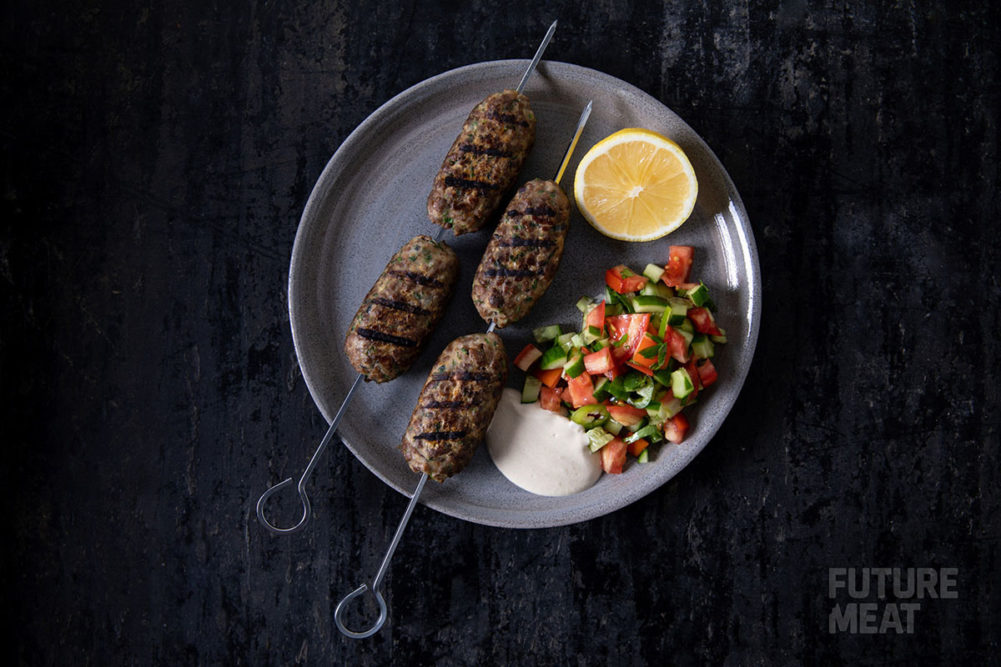Rehovot, Israel-based cultivated meat specialist Future Meat Technologies has added cultivated lamb products to its product roster.
Future Meat’s cultivated lamb “looks, cooks, and tastes like conventional ground lamb meat, making it ideal for burgers, kebabs, and more,” according to the company.
“Accelerating the development of a cultivated lamb product is set to transform the global landscape. The European Union is the world’s largest lamb consumer, and lamb is the primary meat source for numerous countries across the Middle East, Northern Africa, and parts of Asia.”
Using ovine cell lines, Future Meat can now produce cultivated lamb at scale and accelerate its innovation focus to expand into even more animal species.
“In passing this milestone, Future Meat reinforces its position as a leader and pioneer in the cultivated meat industry and shows again the limitless potential of how innovation can drive sustainable solutions,” said Nicole Johnson-Hoffman, CEO of Future Meat. “The key learnings will be leveraged as we work to produce other meats, including beef and pork, increasing Future Meat’s market offerings for consumers.”
As the company prepares to enter the U.S. market, Future Meat will shift its focus to scaling up production of its cultivated meat products, including lamb and chicken, at its new production facility, which is expected to break ground in 2022.
"Since lamb has a uniquely distinct flavor, it is very clear if a cultivated substitute is on or off the mark,” said Michael Lenahan, general manager of Future Meat. “The reason Future Meat’s cultivated lamb is indistinguishable from conventional lamb is because it is, first and foremost, real meat. It sizzles, sears and tastes just like people expect—it’s amazing.”
Future Meat is the first cultivated meat company to break the commercial viability cost barrier, making cultivated meat that is delicious, healthy, sustainable, and available for widespread consumption, according to the company.
Future Meat created lines of animal cells that grow without genetic modifications, removing the need to harvest animals.
The company says it produces cultivated meat “with environmental, health, and ethical benefits that will help will radically transform the global production.”

